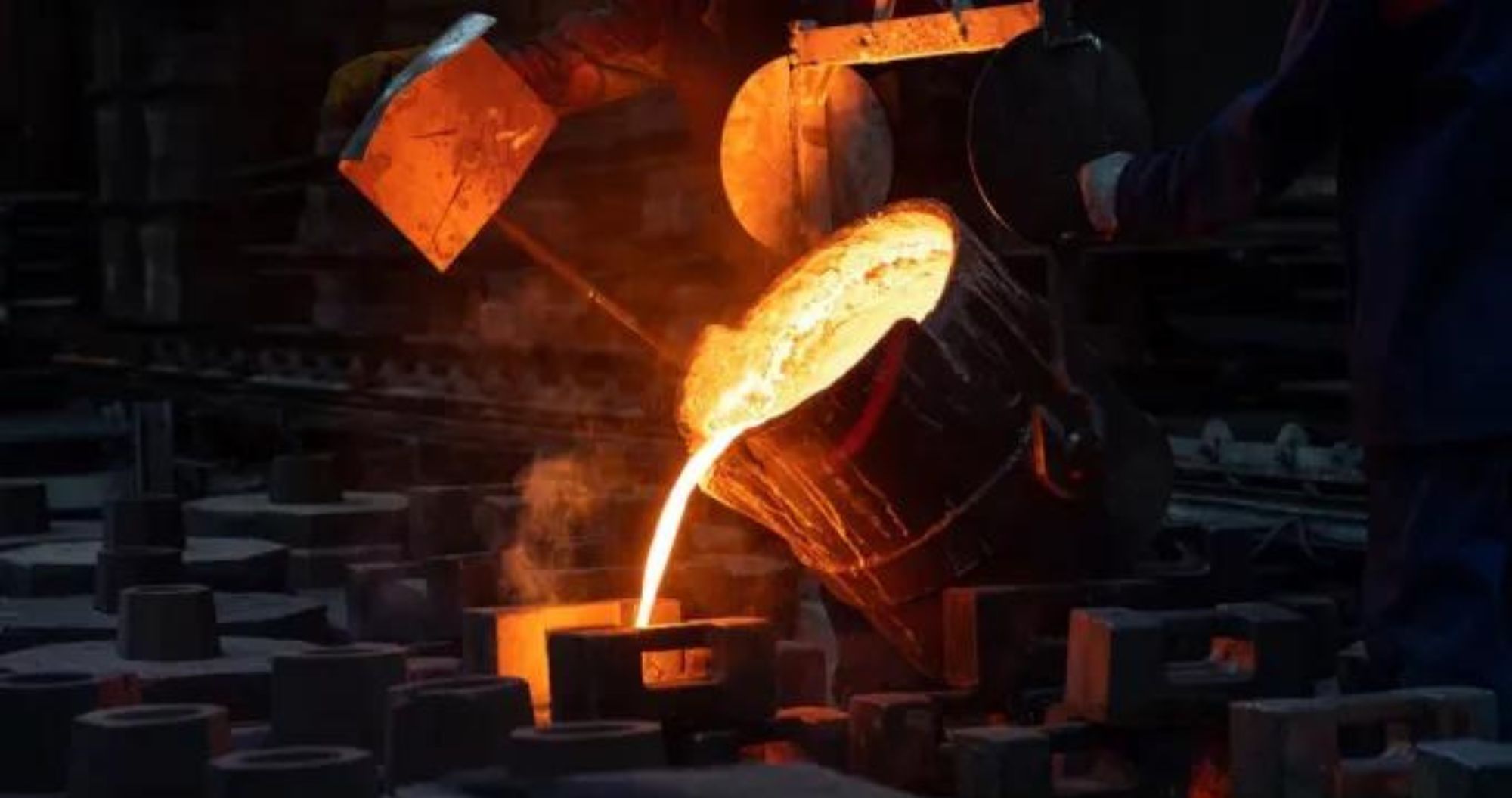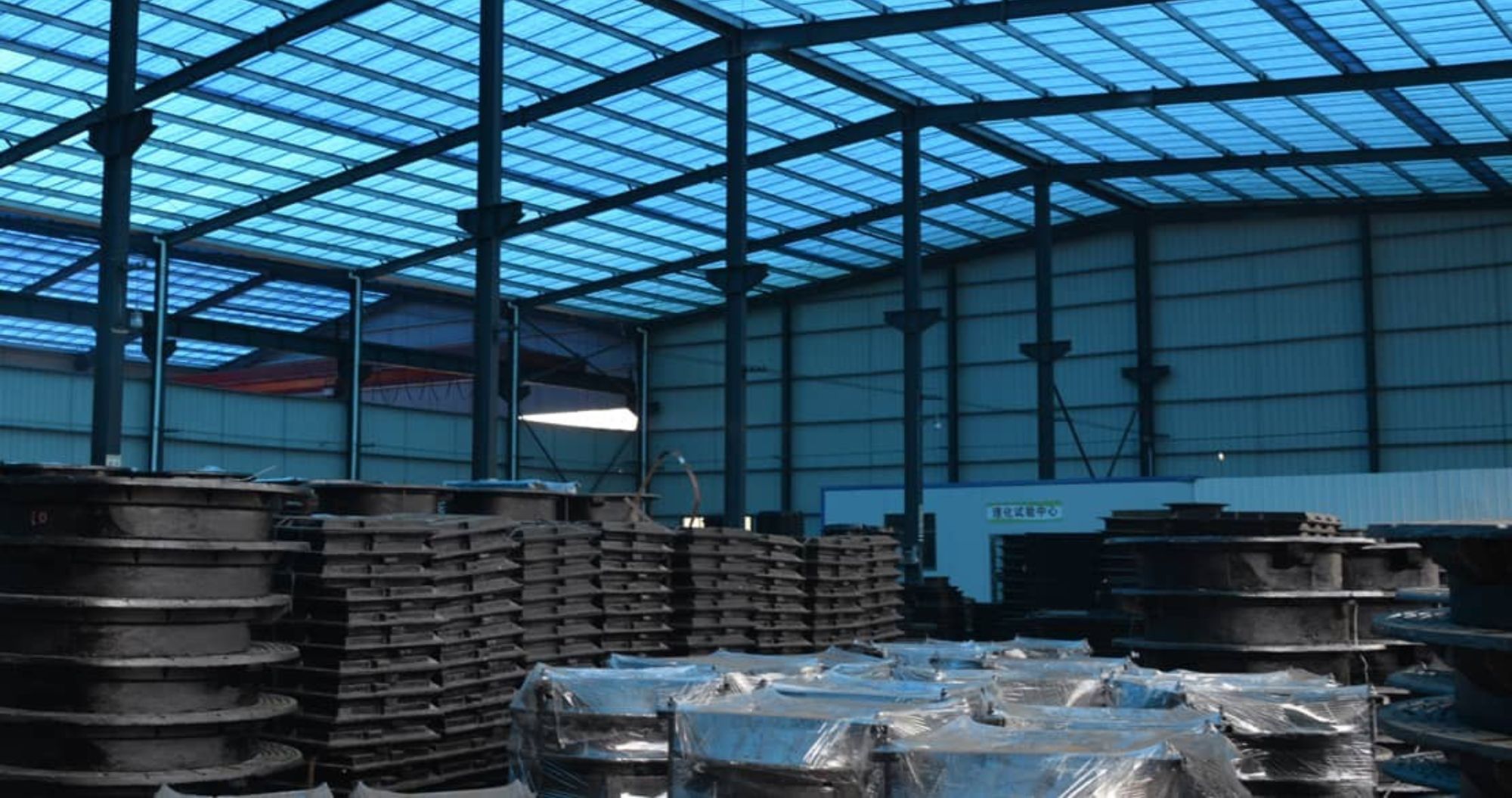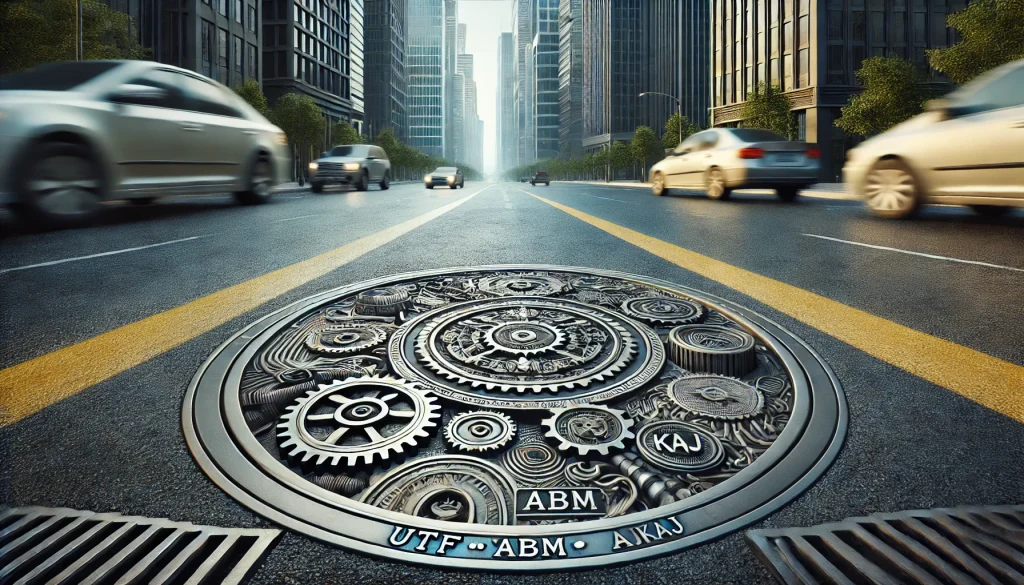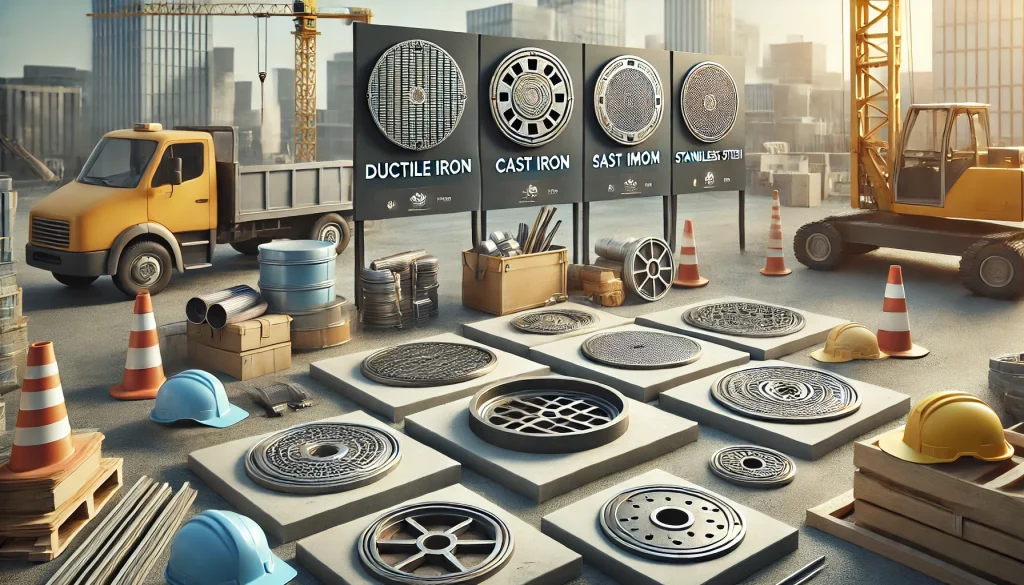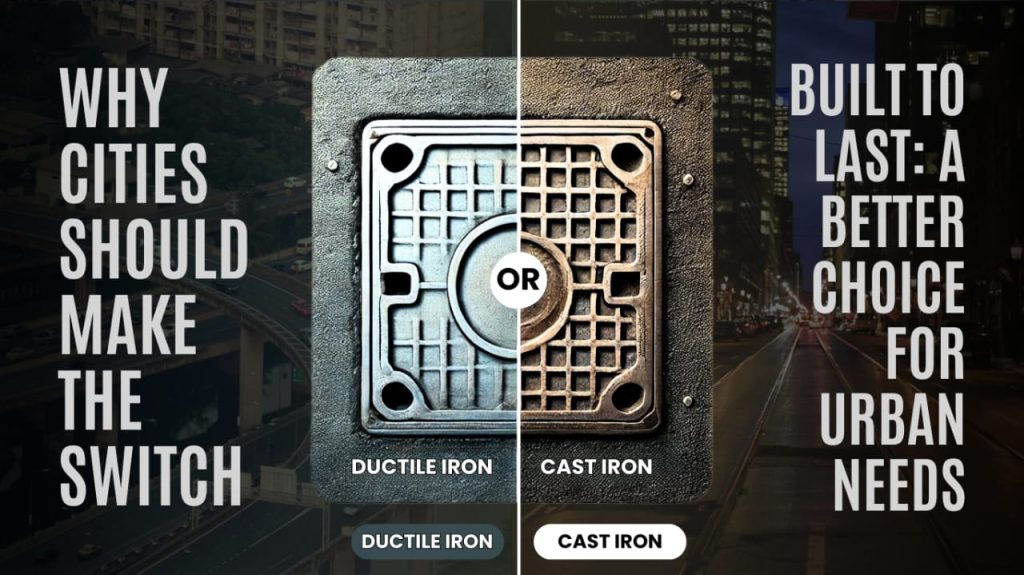The Benefits of Ductile Iron Manhole Covers Over Cast Iron: Why Cities Should Make the Switch
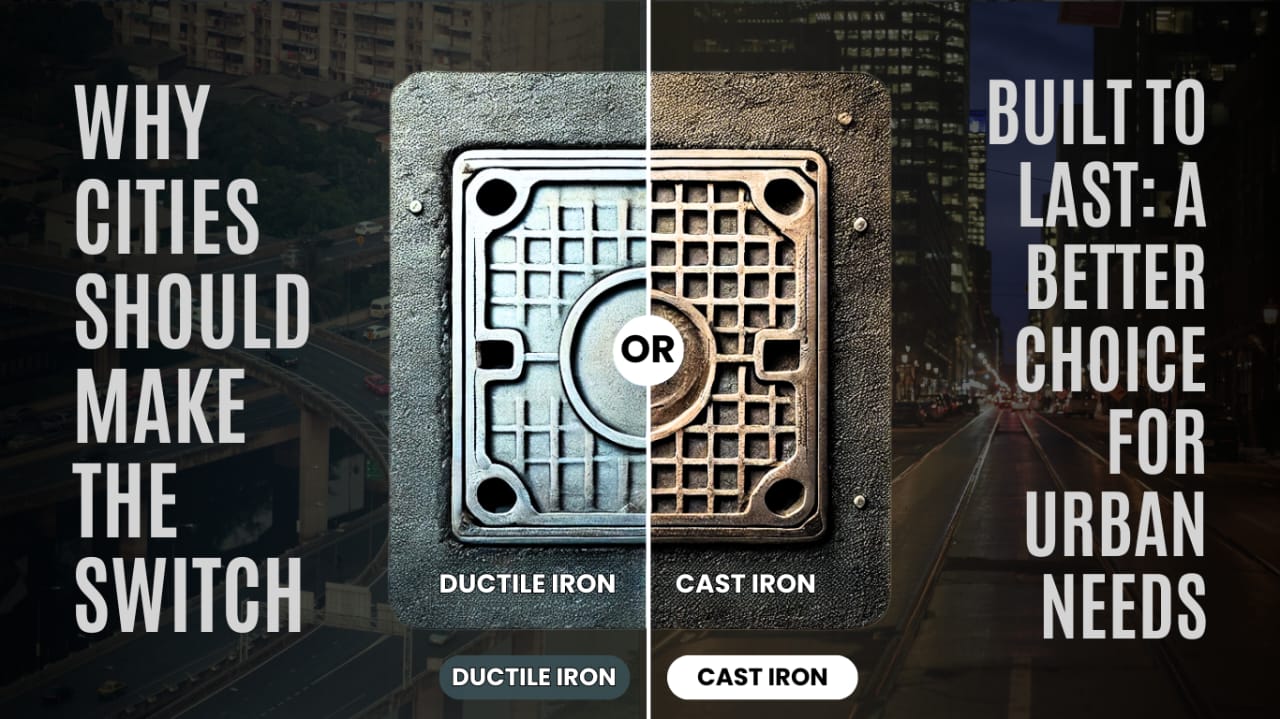
In the world of urban infrastructure, manhole covers are often overlooked but play a crucial role in ensuring public safety and access to utilities. Traditionally, cast iron has been the material of choice for these covers, but ductile iron is increasingly becoming the preferred option. In this blog post, we’ll explore the numerous benefits of using ductile iron manhole covers over their cast iron counterparts and why cities worldwide are making the switch.
What is Ductile Iron?
Before diving into the benefits, it’s essential to understand what ductile iron is. Unlike cast iron, which is brittle and prone to cracking, ductile iron is an advanced form of iron that contains small amounts of magnesium. This addition transforms the iron, giving it a unique combination of strength and ductility. This means that while it can withstand heavy loads, it can also bend without breaking, making it far more durable.
1. Superior Strength and Durability
One of the most significant advantages of ductile iron manhole covers is their superior strength and durability. Ductile iron can absorb more energy than cast iron, making it less likely to crack or break under heavy loads, such as the weight of vehicles. This resilience not only extends the lifespan of the manhole covers but also reduces maintenance costs, as they require fewer replacements and repairs.
2. Lighter Weight for Easier Handling
Ductile iron covers are typically lighter than cast iron ones, despite being stronger. This reduced weight makes them easier to handle during installation and maintenance. For workers, this means less risk of injury and more efficient work. For municipalities, it translates to lower labor costs and faster project completion times.
3. Corrosion Resistance
Over time, exposure to moisture and chemicals can cause cast iron to rust and deteriorate. Ductile iron, however, has superior corrosion resistance, which helps it maintain its structural integrity even in harsh environments. This quality is particularly beneficial in areas with heavy rainfall or where roads are salted in winter, as it reduces the frequency of cover replacements.
4. Enhanced Safety Features
Safety is paramount when it comes to manhole covers. Ductile iron covers can be designed with a non-slip surface, reducing the risk of accidents for pedestrians and vehicles. Additionally, their ability to withstand high impact without shattering makes them safer in areas with heavy traffic. In case of accidents, the cover’s flexibility reduces the likelihood of flying debris, which can be a significant hazard with cast iron.
5. Environmental and Economic Benefits
Ductile iron is more sustainable than cast iron because it can be recycled easily. When old covers are replaced, the material can be melted down and reused, reducing waste and the need for new raw materials. Moreover, the longer lifespan of ductile iron covers means fewer resources are spent on manufacturing replacements, resulting in cost savings for cities.
Conclusion
In conclusion, ductile iron manhole covers offer numerous advantages over traditional cast iron covers. Their superior strength, durability, lighter weight, corrosion resistance, and enhanced safety features make them an ideal choice for modern urban infrastructure. Moreover, their environmental and economic benefits align with the growing emphasis on sustainability and cost-efficiency. As cities continue to evolve and modernize, making the switch to ductile iron manhole covers is a smart and forward-thinking decision. Not only does it ensure the longevity and safety of public infrastructure, but it also provides long-term savings and environmental benefits.
By choosing ductile iron, cities can better serve their residents and build a more resilient and sustainable future.

